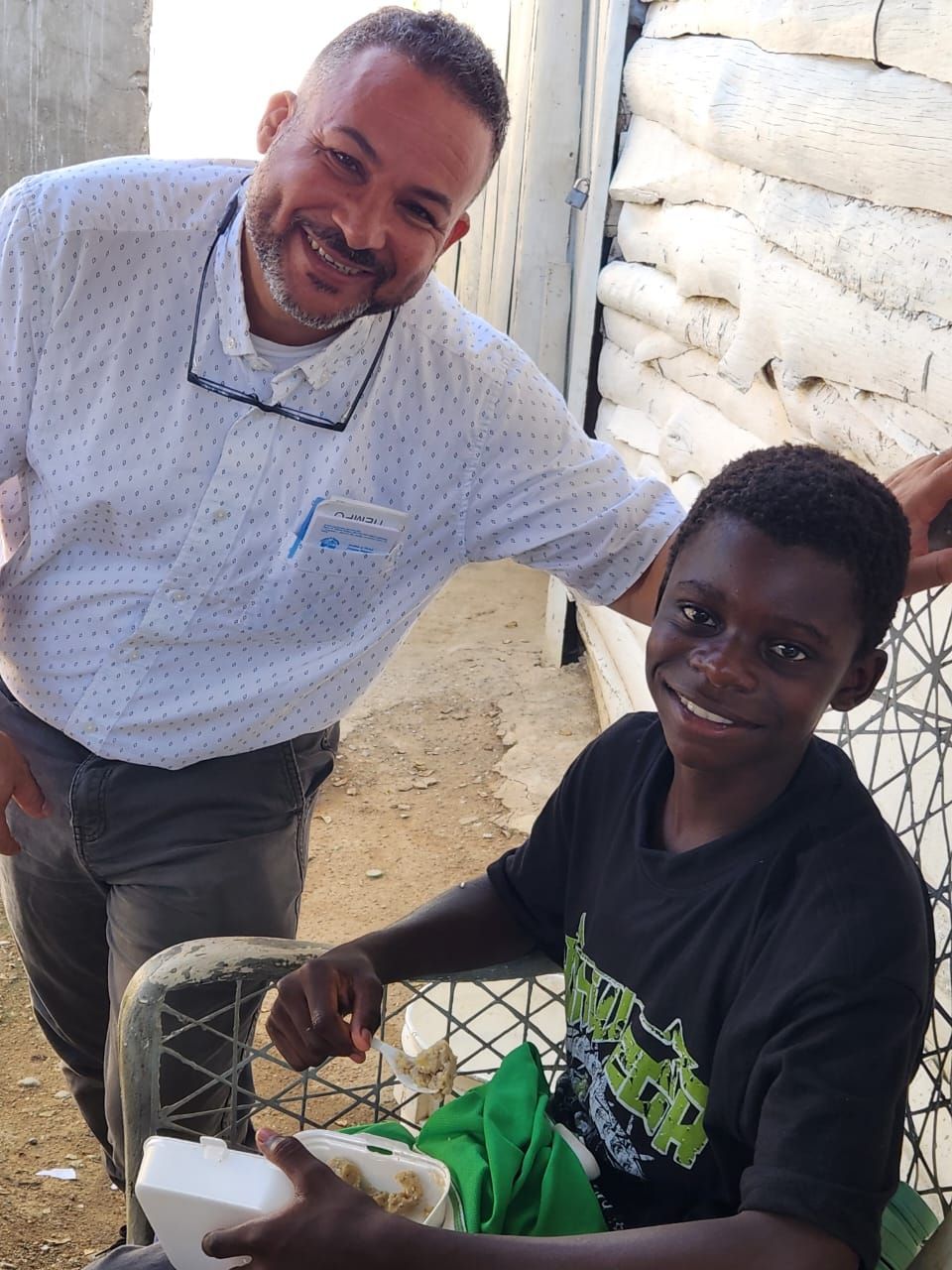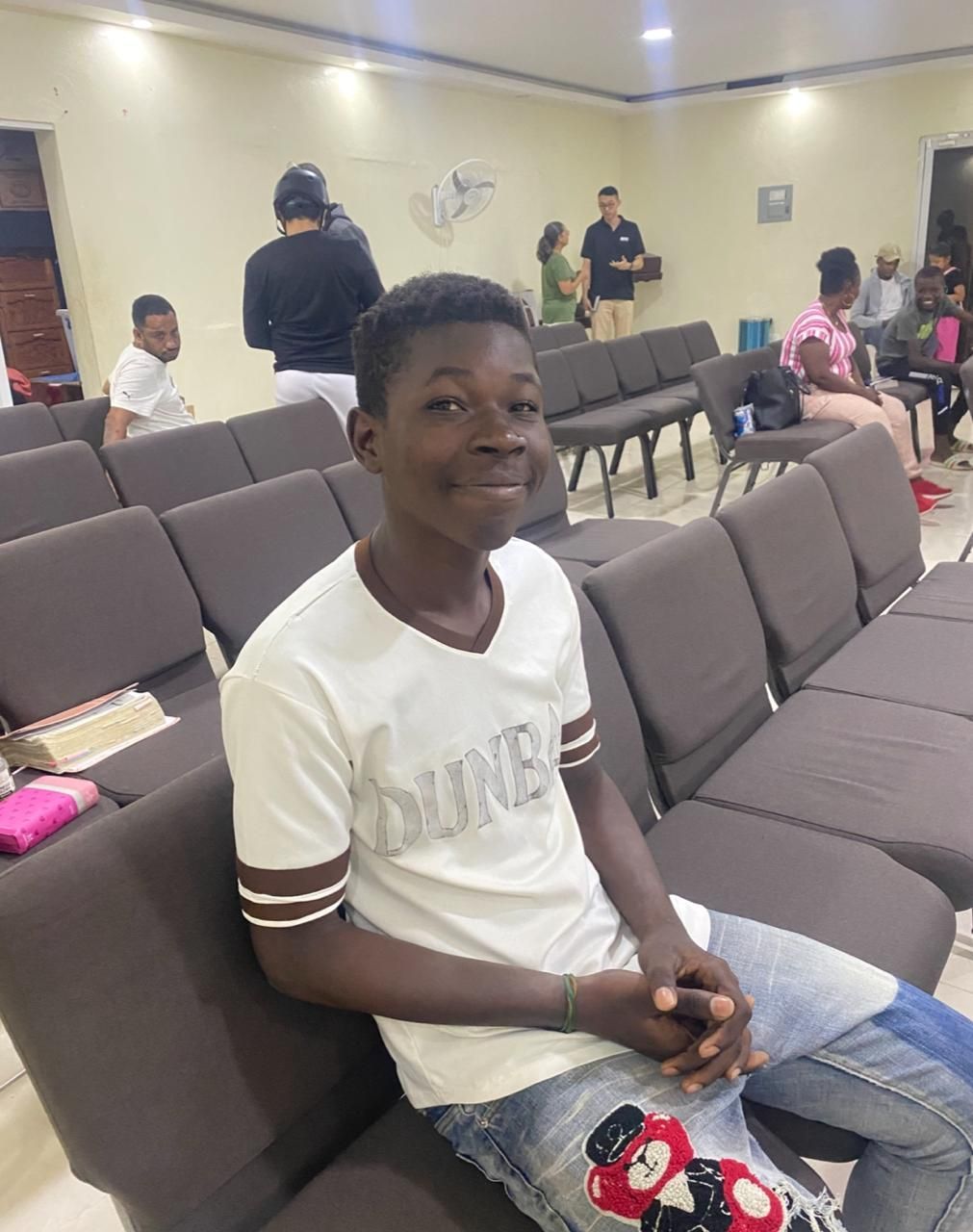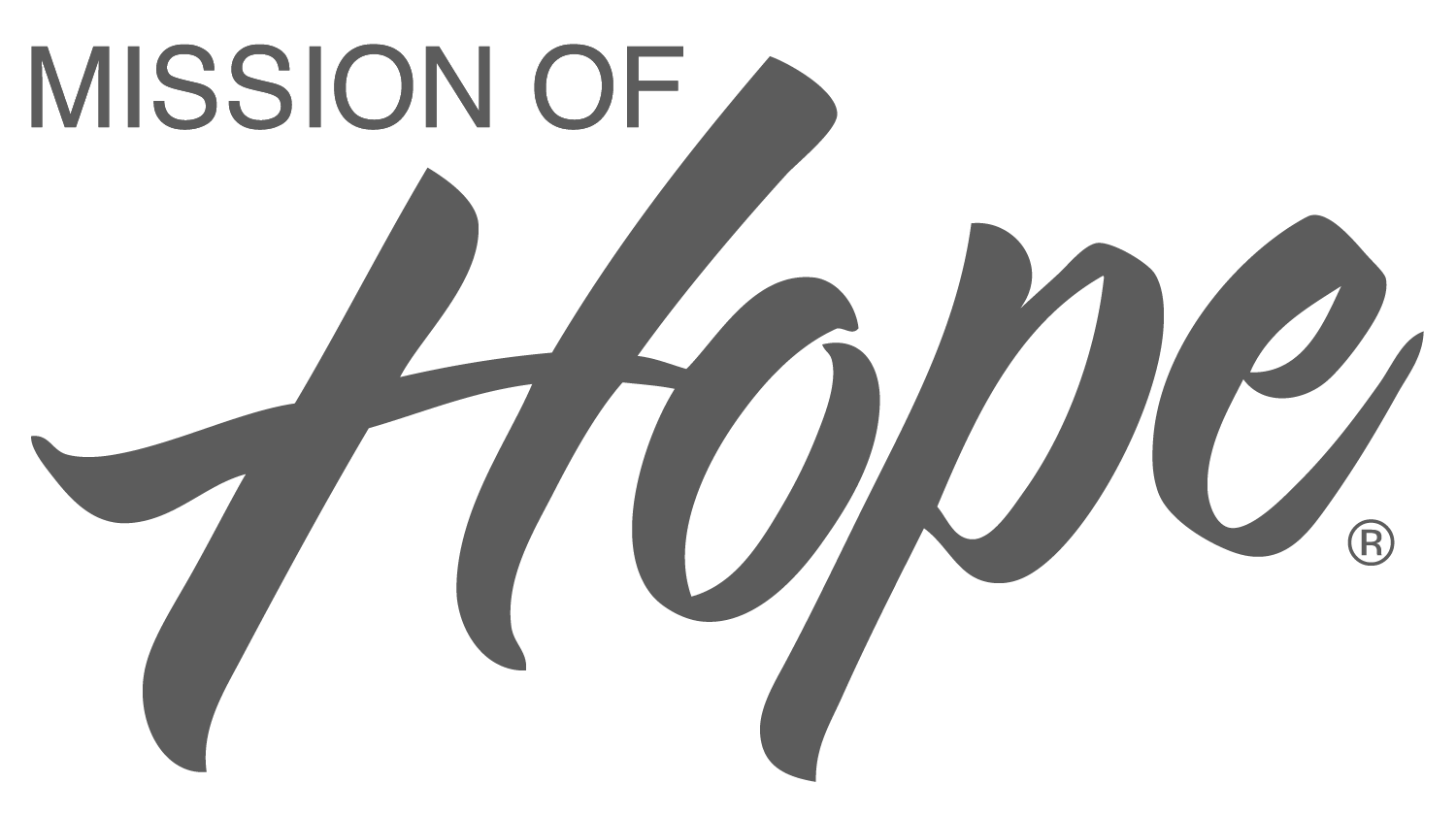Worth the read—an Op-Ed from Drew Garrison on the escalating crisis in Haiti.
The people of Haiti are hurting. They are trapped in a cycle of suffering that has persisted for generations, worsened by the greed of a select few who fight for and hold all the power. Right now, there are over 5.4 million people dealing with severe food insecurity. More people have been killed due to gang violence in the first ten months of 2024 than all of last year. Nearly 800,000 people have been displaced from their homes. This country has a history of resilience and potential among its people, yet the current reality of its citizens is marked by instability, fear, and a struggle for survival because a handful of people choose profit over people.
Those in positions of power, domestic and abroad, who exploit Haiti’s resources—both human and natural—are not the ones who suffer. Instead, it’s the children, the mothers, the young men, and the elderly who pay the price. These are the people who have had their futures stolen by those who see Haiti only as a resource to exploit, not as a nation of people who deserve safety, dignity, and a chance to thrive. The system is unjust, and it’s time to call it what it is: a humanitarian crisis driven by greed and indifference.
If outside governments, particularly the United States, are going to play any role in changing this, they must lead with conviction and strength, not with fleeting acts or superficial shows of support. Haiti does not need a superficial interest from the international community; it needs leaders who will help secure real, lasting change. Haiti needs a commitment that is steadfast, focused, and respectful of Haitian autonomy—leadership that is willing to confront the root causes of the suffering, not just put a temporary bandage on a wound that has been festering for far too long.
The recent incident of a U.S. plane being fired upon while landing in Port-au-Prince is a glaring example of the level of chaos and lawlessness gripping Haiti. Yet, where is the outcry? Why has this incident—an unambiguous threat to the security of a U.S. aircraft—barely made a ripple in American media or among its officials? This is not an isolated act; it’s a symptom of a deeper breakdown, one that demands immediate, meaningful response. The lack of attention signals something troubling: a willingness to look away, to treat Haiti as an unfortunate footnote rather than as a neighboring nation in crisis.
We do not get to look past this. We do not get to gloss over the suffering of millions simply because it is difficult or politically inconvenient. The Haitian people have been patient and resilient. But they cannot do this alone. The world—and the United States, in particular—must rise to the occasion, not with pity or fleeting interest but with a determined commitment to help build a Haiti that Haitians deserve.
Related Articles







